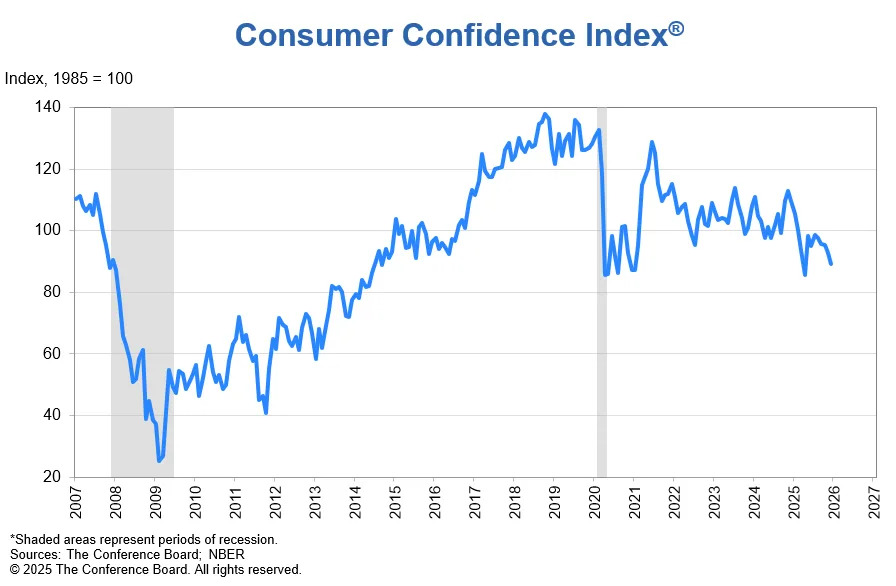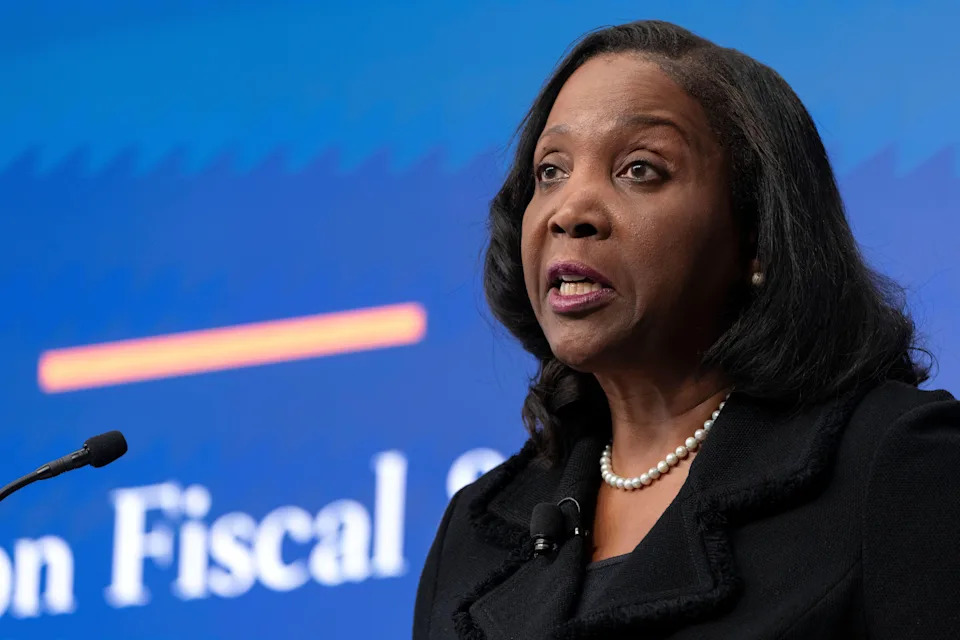
Why the latest stock market pullback feels right
Key Points
- Uncertainty in tariff policy remains a significant market headwind.
- The U.S. and China are far from reaching a trade truce.
- U.S. Treasury Secretary Scott Bessent has had limited communication with Chinese counterparts.
- Tariff deals with other major trading partners are unlikely to be finalized within the 90-day pause period.
- Recent AI chip restrictions have negatively impacted market caps of companies like Nvidia and AMD.
Summary
In a recent interview with U.S. Treasury Secretary Scott Bessent, it became clear that the uncertainty surrounding U.S. tariff policies continues to loom over the markets. Despite a cordial and informative discussion, Bessent's comments suggested that the cloud of uncertainty, particularly concerning tariffs, would persist in the near term. This uncertainty is primarily centered around U.S.-China trade relations, with no significant progress reported towards a truce. Bessent mentioned a lack of scheduled meetings with Chinese officials, hinting at informal encounters during the upcoming IMF World Bank Week. Furthermore, while there is some movement towards establishing frameworks with other trading partners, formal agreements are not expected within the 90-day pause. The administration's recent restrictions on AI chips have also impacted companies like Nvidia and AMD, highlighting the ongoing policy risks not yet fully priced into the markets. This situation has left investors and CEOs grappling with how to navigate pricing and staffing in this volatile environment.
yahoo
April 20, 2025
Stocks


